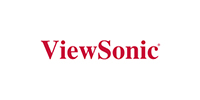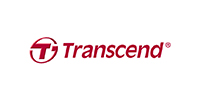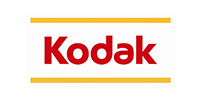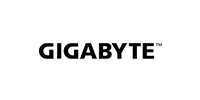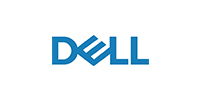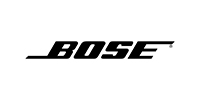HVAC Inverter Systems: A Comprehensive Guide
HVAC Inverter Systems: A Comprehensive Guide
The HVAC business has seen important technological developments over the previous few a long time, with probably the most transformative being the introduction of inverter know-how. This e-book goals to supply a complete understanding of HVAC inverter methods, catering to each business professionals and fanatics. Whether or not you’re an engineer, technician, scholar, or a home-owner excited about vitality effectivity, this e-book will information you thru the elemental ideas, sensible purposes, and future tendencies of inverter know-how in HVAC methods.
Why Inverter Know-how Issues
In a world more and more involved with vitality consumption and environmental influence, the demand for extra environment friendly and sustainable options is rising. Conventional HVAC methods, whereas efficient, are sometimes energy-intensive and fewer adaptable to various load calls for. Inverter know-how addresses these challenges by permitting HVAC methods to function extra effectively, decreasing each vitality consumption and operational prices. Understanding this know-how is essential for anybody concerned within the design, set up, or upkeep of contemporary HVAC methods.
What You Will Be taught
This e-book is designed to take you from the fundamentals to the superior features of HVAC inverter methods. You’ll start with an summary of HVAC fundamentals, exploring how these methods work and why they’re important in trendy buildings. From there, we delve into the specifics of inverter know-how—what it’s, the way it works, and why it gives superior efficiency in comparison with conventional methods.
You’ll achieve insights into the important thing elements of an HVAC inverter system, together with the inverter compressor, variable velocity drives, and management mechanisms. Sensible chapters will information you thru set up, commissioning, and upkeep processes, offering step-by-step directions and greatest practices to make sure optimum efficiency.
Moreover, the e-book explores the broader influence of inverter know-how on vitality effectivity and environmental sustainability. We’ll study real-world case research, showcasing the tangible advantages of inverter methods in varied settings, from residential houses to giant industrial amenities.
Goal Viewers
This e-book is written for a variety of readers. HVAC professionals will discover in-depth technical content material that enhances their understanding and abilities in working with inverter methods. College students and educators will recognize the clear explanations and structured strategy, making complicated ideas accessible. Householders and constructing managers, excited about bettering the vitality effectivity of their properties, will uncover sensible recommendation and suggestions for choosing and sustaining inverter-based HVAC methods.
Construction of the E-book
The e-book is organized into ten chapters, every specializing in a particular side of HVAC inverter methods. The early chapters present foundational data, together with an introduction to HVAC methods and the ideas of inverter know-how. Halfway by, we shift focus to sensible purposes, equivalent to set up, operation, and upkeep. Later chapters discover vitality effectivity, environmental impacts, and rising tendencies, offering a forward-looking perspective on the way forward for HVAC methods. Lastly, the e-book concludes with a set of FAQs, troubleshooting guides, and extra sources that will help you additional your data.
As you journey by this e-book, you’ll develop a deep understanding of how inverter know-how is revolutionizing HVAC methods, and you’ll be outfitted with the data to use this know-how successfully in varied contexts.
Pros and Cons
HVAC inverter systems offer several advantages, including improved energy efficiency, quieter operation, and more precise temperature control compared to traditional non-inverter units. By adjusting the compressor speed to match the cooling or heating demand, inverter systems consume less electricity and reduce wear and tear, leading to longer equipment lifespan and lower utility bills. However, these systems also come with some drawbacks. The initial purchase and installation costs are generally higher than conventional HVAC systems, which can be a barrier for some homeowners and businesses. Additionally, inverter technology can be more complex, potentially leading to more expensive repairs if the unit malfunctions. Despite these cons, the long-term savings and environmental benefits often make HVAC inverter systems a worthwhile investment.
– HVAC inverter systems enhance energy efficiency by adjusting compressor speed to meet exact cooling or heating needs.
– They operate more quietly compared to traditional non-inverter HVAC units.
– Provide more precise temperature control for improved comfort.
– Reduced electrical consumption leads to lower utility bills over time.
– Decreased wear and tear prolongs equipment lifespan.
– Higher upfront purchase and installation costs may deter some buyers.
– Increased technological complexity can result in potentially costlier repairs.
– Long-term energy savings and environmental benefits often justify the initial investment.
Conclusion
A false statement is one that is not true or accurate. It can result from a deliberate lie, a misunderstanding, or incorrect information. Falsehoods can have various consequences depending on the context, such as misleading others, causing confusion, or damaging trust. In communication, it is important to verify facts to avoid spreading false information. Critical thinking and skepticism can help individuals discern truth from falsehood, ensuring more reliable and honest exchanges.




